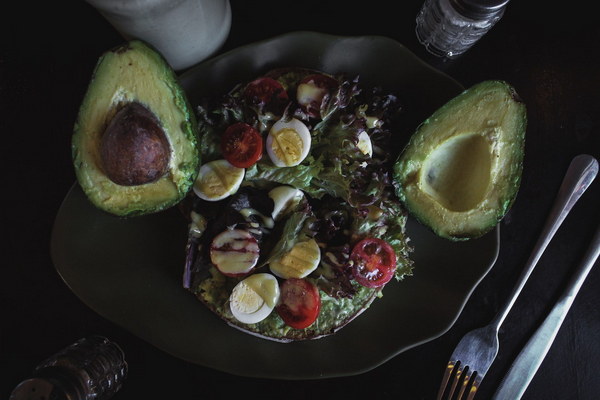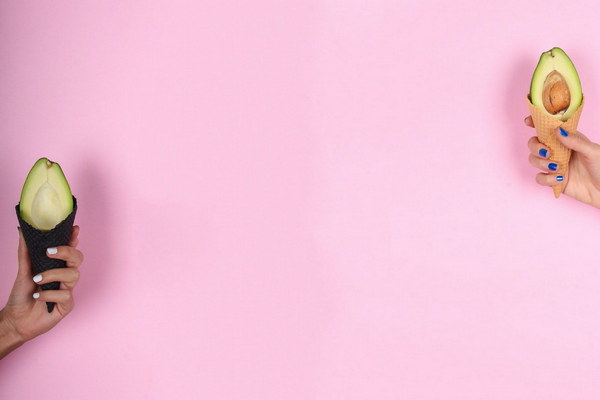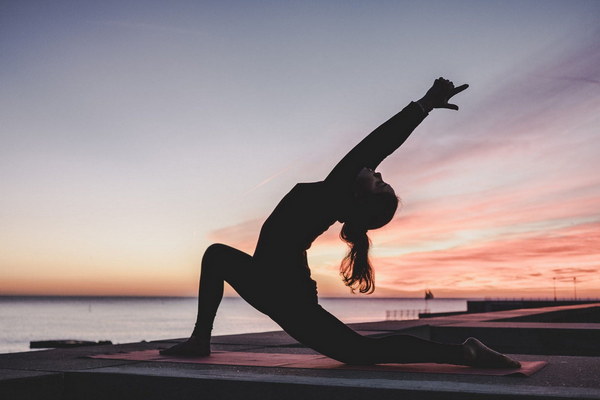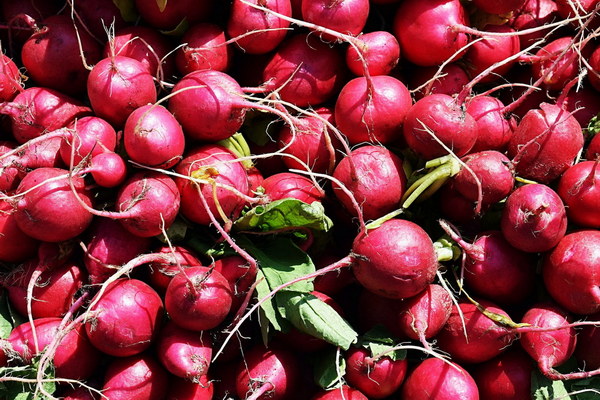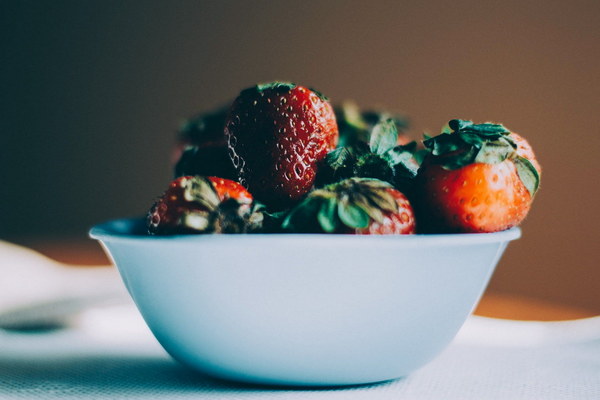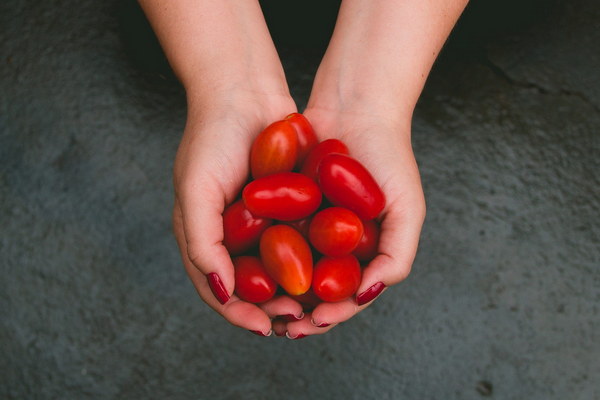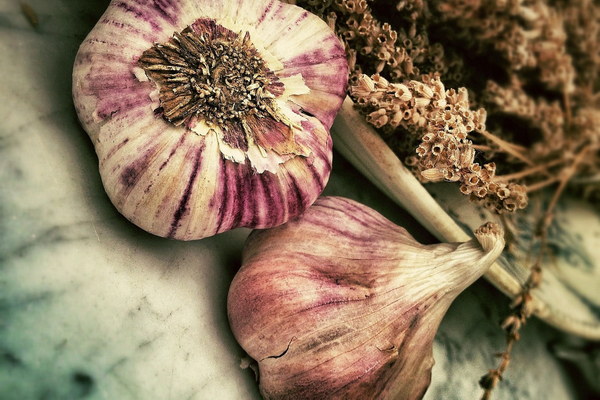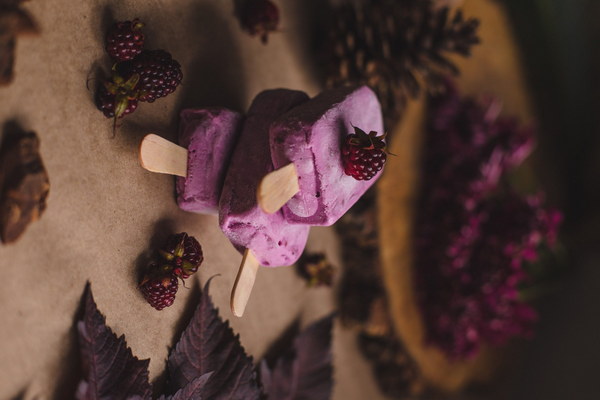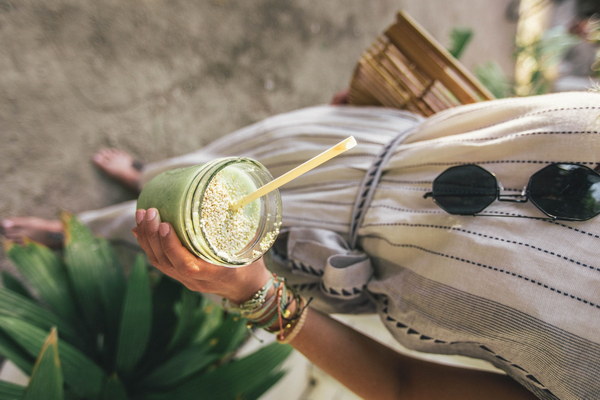Nurturing Wellness Natural Remedies for Dissolving Phlegm and Dampness
In the realm of traditional Chinese medicine, the concepts of phlegm and dampness are prevalent, often leading to a host of discomforts and health issues. Phlegm, or turbid qi, is a thick, sticky substance that can accumulate in the body due to a variety of factors, including poor diet, environmental conditions, and stress. Dampness, on the other hand, is an excess of moisture in the body that can lead to a range of symptoms, from mild to severe. To alleviate these conditions, it is essential to adopt a holistic approach that includes diet, lifestyle changes, and natural remedies. Here’s a comprehensive guide on how to dissolve phlegm and eliminate dampness from your life.
Understanding Phlegm and Dampness
Before delving into remedies, it is crucial to understand the root causes of phlegm and dampness. Phlegm is often linked to a weakened spleen and kidney function, which can result in a build-up of excess moisture in the body. Dampness, however, is typically caused by an imbalance in the body’s fluids, leading to congestion and a general feeling of heaviness.
Dietary Adjustments
The first step in reducing phlegm and dampness is to modify your diet. Here are some key recommendations:
1. Reduce Intake of Cold and Raw Foods: Cold and raw foods can exacerbate dampness, so it’s best to avoid them. This includes cold drinks, ice cream, salads, and raw vegetables.
2. Limit Sweet and Rich Foods: Excessive sugar and rich foods can contribute to the production of phlegm and dampness. Foods like sugary treats, fried foods, and dairy products should be consumed in moderation.
3. Increase Warm, Drying Foods: Foods that have a drying effect on the body can help to reduce phlegm and dampness. These include soups, stews, roasted vegetables, and lean meats.
4. Incorporate Herbs and Spices: Herbs and spices like ginger, turmeric, and cinnamon can help to warm the body and eliminate dampness.
Lifestyle Changes
In addition to dietary adjustments, adopting a healthier lifestyle can significantly aid in dissolving phlegm and dampness.
1. Regular Exercise: Physical activity helps to promote the flow of qi and blood, which can help to reduce phlegm and dampness. Activities like walking, yoga, and tai chi are particularly beneficial.
2. Adequate Rest: Ensuring you get enough sleep is essential for maintaining a healthy balance in your body. Lack of sleep can weaken the spleen and kidneys, leading to the accumulation of phlegm and dampness.
3. Stress Management: Chronic stress can contribute to the development of dampness and phlegm. Techniques such as meditation, deep breathing exercises, and mindfulness can help manage stress levels.
Natural Remedies
Natural remedies can complement dietary and lifestyle changes to alleviate phlegm and dampness.
1. Herbal Teas: Herbs like Astragalus, Codonopsis, and Licorice root are known for their ability to strengthen the spleen and kidneys, thereby reducing dampness and phlegm. Combine these herbs with other warming ingredients like ginger and cinnamon for added benefits.
2. Acupuncture: Acupuncture can help to balance the body’s energy, or qi, and address the root causes of phlegm and dampness.
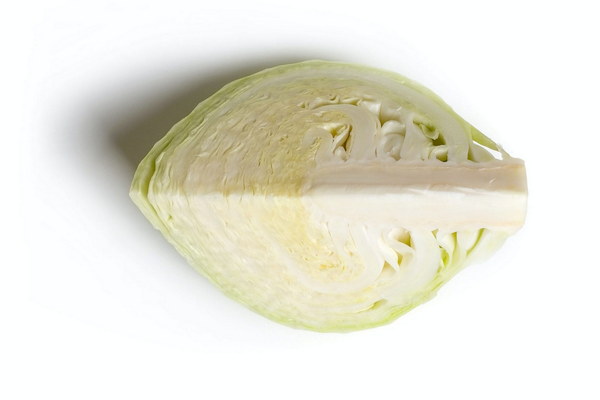
3. Moxibustion: This traditional Chinese therapy involves burning moxa (a substance derived from mugwort) near the skin to stimulate circulation and strengthen the body’s defenses against dampness and phlegm.
Conclusion
Dissolving phlegm and eliminating dampness requires a multi-faceted approach that includes dietary adjustments, lifestyle changes, and natural remedies. By taking these steps, you can promote a healthier, more balanced body and mind. Remember, it’s always best to consult with a healthcare professional or a qualified practitioner before making significant changes to your diet or health routine.

